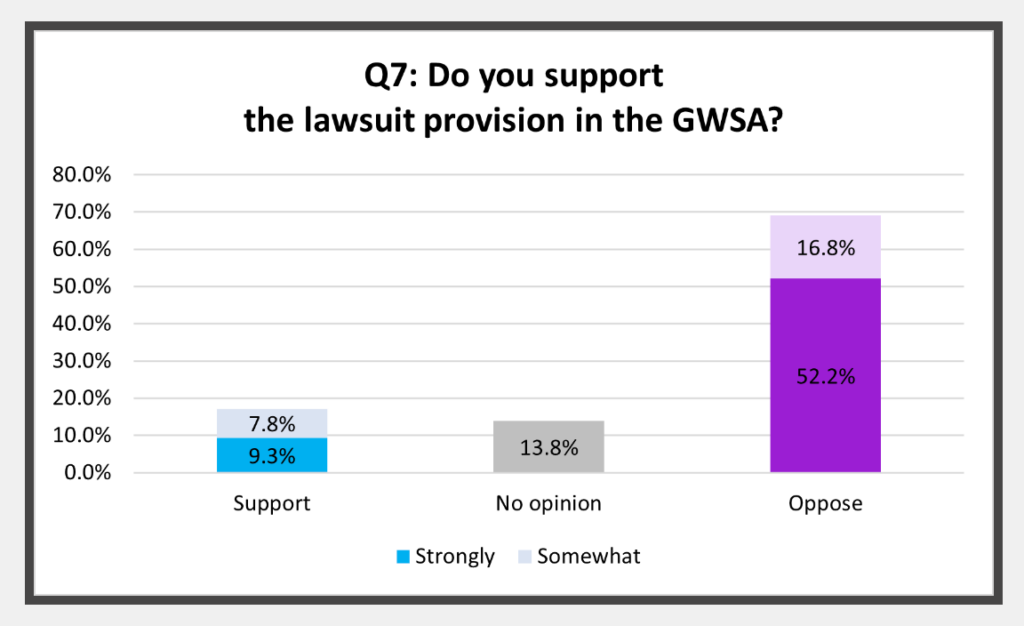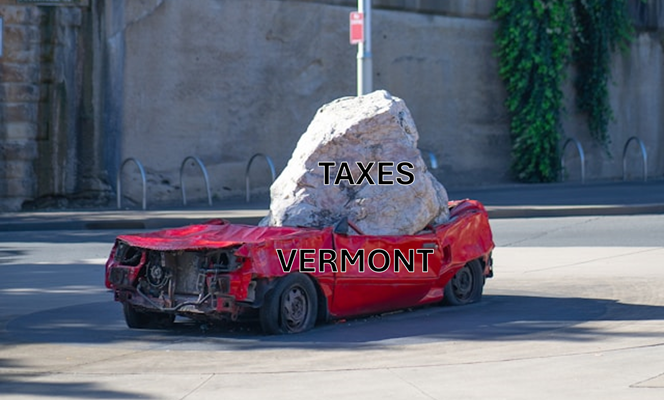The big question many pundits ask in the wake of the significant Republican pick-ups in the state house and senate is what they will do with their newfound numbers. Six pick-ups in the Vermont State Senate and what looks like around twenty in the house (there will be at least one contested outcome in Bennington-1 that could result in another R house seat) are huge indeed. But though it did shatter the Dem/Prog supermajorities, it still leaves VT Republicans in the minority in both chambers. So, they will have to rely on the bully pulpit to get anything done.
Here’s my free advice for what Vermont Republicans should do forthwith….
1) Sponsor legislation in both chambers to repeal Act 18, the Clean Heat Standard. If the voters sent one message to Montpelier on November 5th, it is that they do not want a carbon tax, fee, surcharge, credit assessment, or anything that raises the cost of home heating fuels. Period. End of story. Vermont Republicans should say as loudly as they can, “GOT IT!,” put forward a full repeal, and dare the Democrats to blow it off or vote no.
After all, Democrats spent the entire campaign season insisting that Act 18 was “just a study.” They accused those who said it was more than a study of peddling “misinformation.” Well, the study is done, and its final results will be delivered in January. Ergo, there is no reason NOT to repeal Act 18, right? I mean, it’s inconceivable that the Democrats and their lackeys in the press were lying about being just a study, and there is some material reason to keep the law on the books, right? No, of course not. They’d never do. So we’ll generously take them at their word and repeal the thing on day one in a show of bi/tri-partisan goodwill to the voters because there’s no harm whatsoever in repealing a study law after the study is complete. Easy peasy lemon squeezy.
While the House may have trouble moving such a bill given its 60-90-ish partisan tilt, the now 13-17 Senate may just have a path. All thirteen Republicans should be a lock for repeal. In a post-election Facebook post, Senator Tom Chittenden (D-Chittenden SE) wrote, “On things like the Affordable Heat Act, he [Phil Scott] told us it was untenable. Now the Public Utility Commission has confirmed that. We should have listened to him. Now we have to – which is what Vermonters told us to do yesterday.” So, I bet he would be vote number 14. And with Lieutenant Governor-Elect John Rodgers ready to break a 15-15 tie, that leaves just one more Democrat to flip. All eyes and a few thousand constituent emails are looking at you, Senator Ann Cummings (D-Washington)! Here’s her email address just to get the ball rolling: acummings@leg.state.vt.us.
2) While we’re on the subject of ridiculous climate policies, Republicans should similarly insist on the repeal of the provision in the Global Warming Solutions Act that gives ANYBODY standing to sue the state if we miss the greenhouse gas reduction targets specified in the law. The deadlines for these targets occur on the January 1s of 2025, 2030, and 2050. We are already being sued by the Conservation Law Foundation in regard to the 2025 deadline. And, given that the Clean Heat Standard program for lowering ghg for the thermal sector was just firmly rejected by the voters, and there has not even been a plan put forward by the legislature for how to deal with transportation emissions (want to see the Republicans pick up 20 more seats in 2026, go hard for that $1 per gallon tax on gasoline and diesel) or those from the Agricultural sector, it’s safe to say we won’t make 2030 either.
It is beyond asinine that our elected representatives put us taxpayers – their constituents – on the hook to pay for these lawsuits at a cost of potentially tens of millions of dollars over time because we are failing to do something that is not just politically but logistically and fiscally impossible. It’s a stupid waste of money. End it now.
And, for what it’s worth, back in 2020, when I was with EAI, we commissioned a poll on energy policy issues, and 69% of Vermonters opposed the lawsuit provision then. That number is probably even higher today now that we are actually being sued.

3) And, lastly, put forward legislation that in some way, shape or form caps individual homeowners’ education property tax bills. Something similar to California’s Prop 13. Put this in place at least until a long-term funding reform package/system can be agreed upon. Until then, after the Education Fund gobbles up all of the sales tax revenue, its third of the purchase and use tax, its quarter of the rooms and meals tax, the new “cloud” tax, the new short-term rental surcharge, all of the lottery funds — as it does — and a Prop 13-esque capped education property tax haul, any remainder should come out of the general fund.
This will have several positive benefits. First and foremost, the next round of property tax bills won’t drive large swaths of working Vermonters out of their homes. Beyond that (as if that weren’t reason enough), it will start the process of making the legislature directly accountable for taxing/spending choices related to education, forcing lawmakers to decide whether or not to shift general fund spending away from other programs and into the schools or raise other taxes. This would provide a critical motivator to get them to pass real, overall reform of the system. Quickly.
I’m sure there are other good ideas out there, but those are my top three things on the to-do list. On the to-don’t list, don’t sit back and take your success for granted. You got a mandate to do something. You better either do it or demonstrate very clearly to the voters that the reason you can’t do it is that there are still too many Democrats in office voting the wrong way, and it will take another election to fix that.
